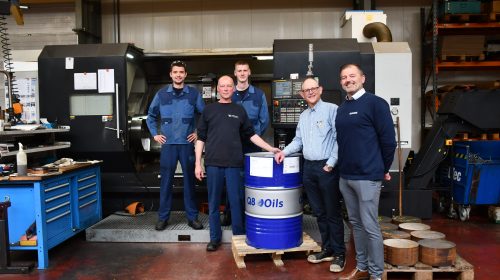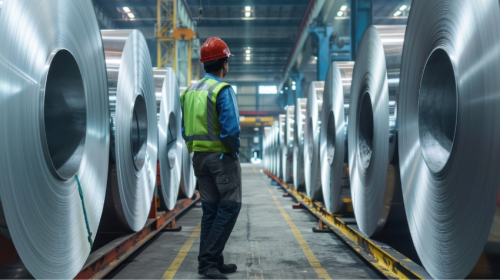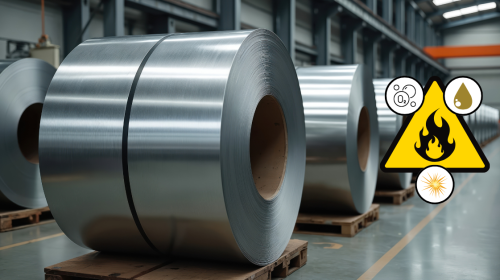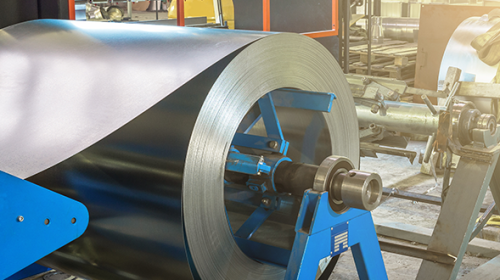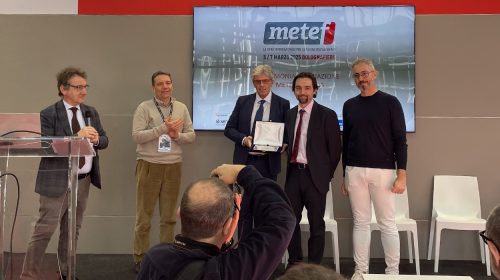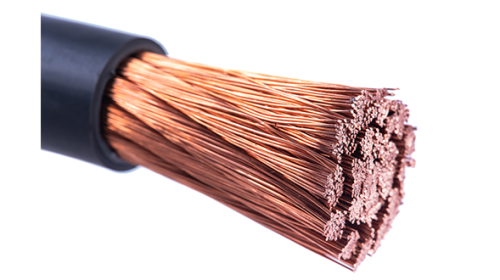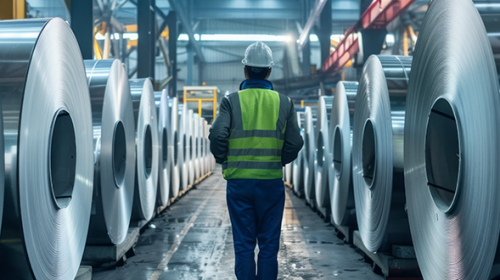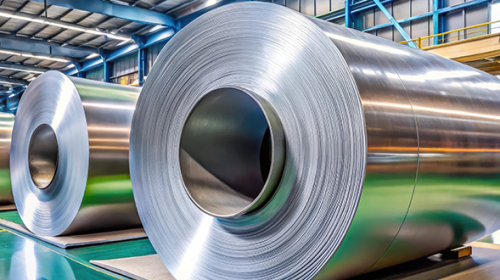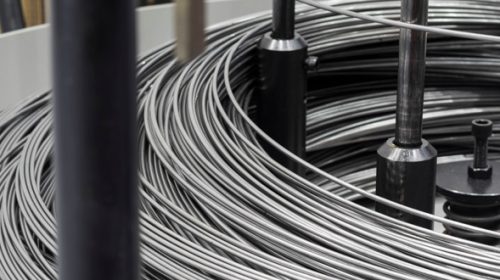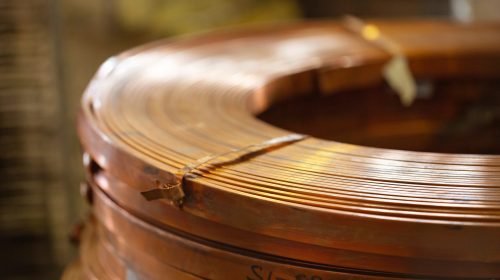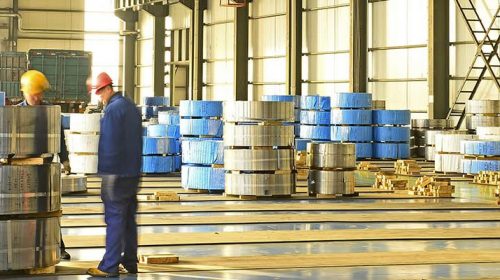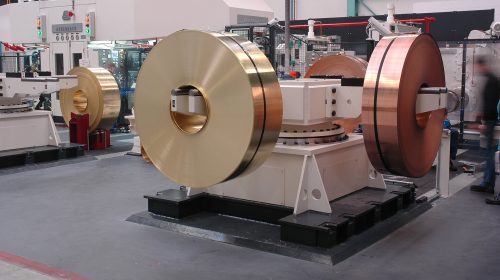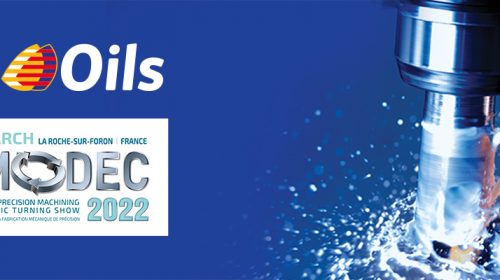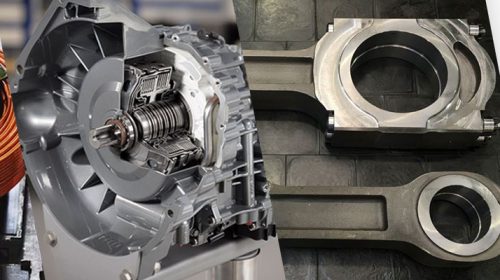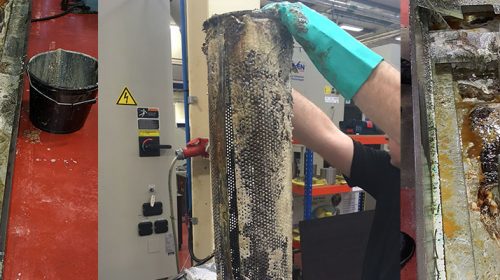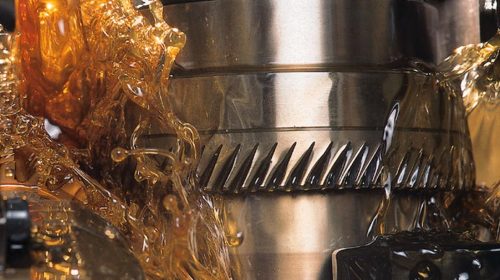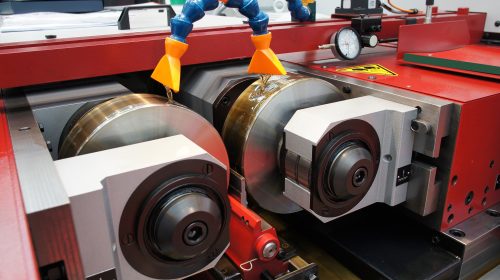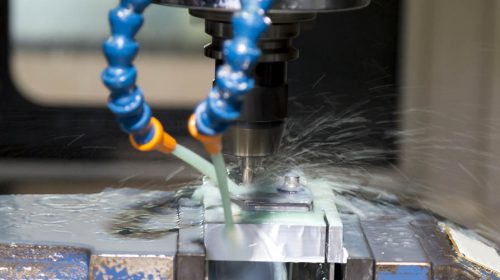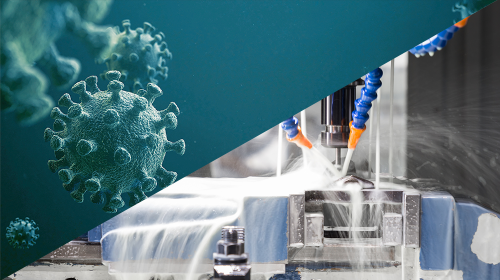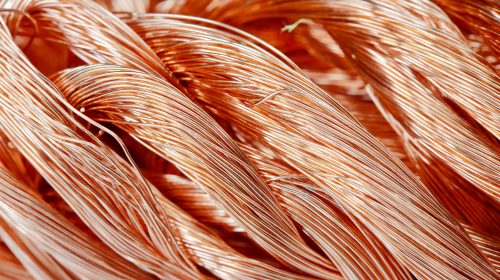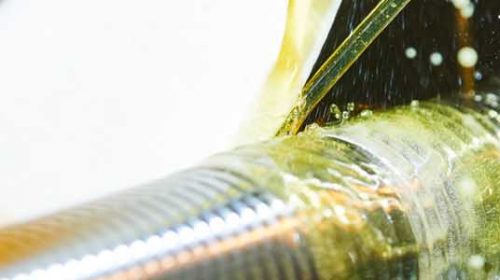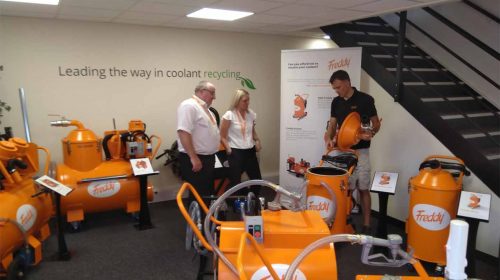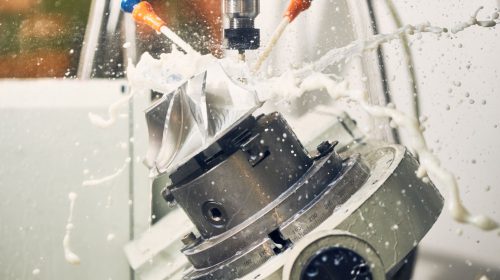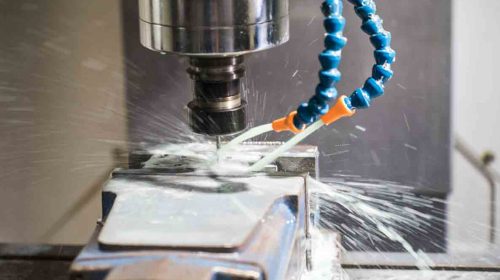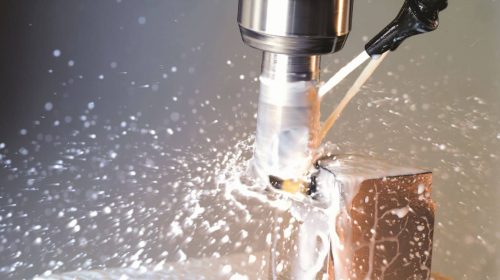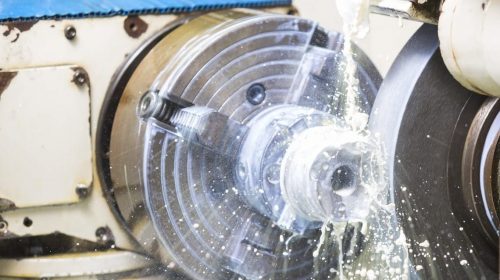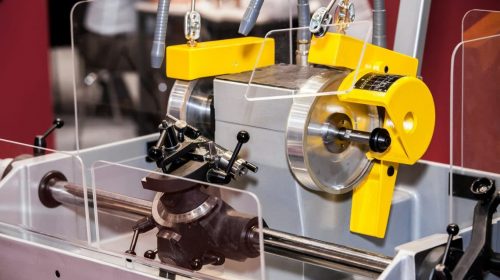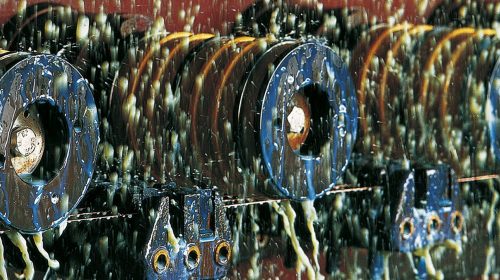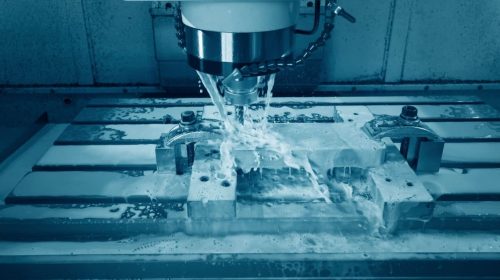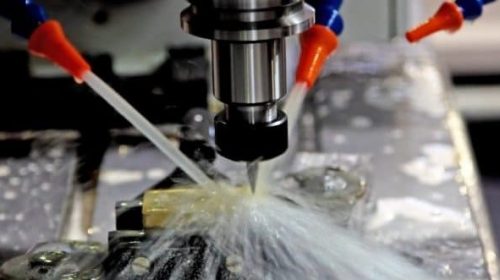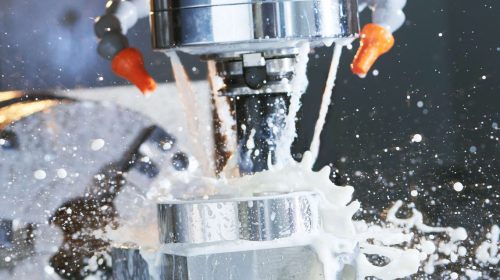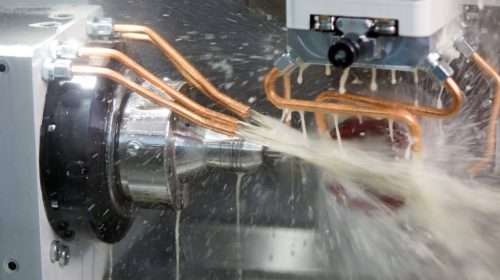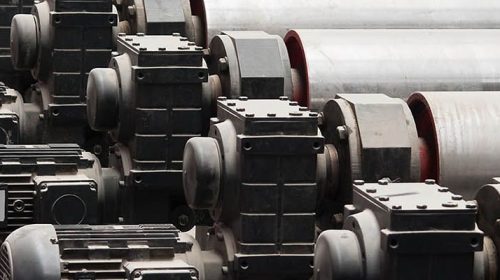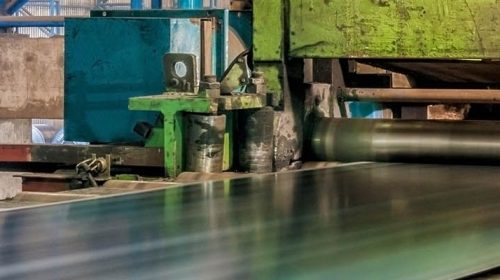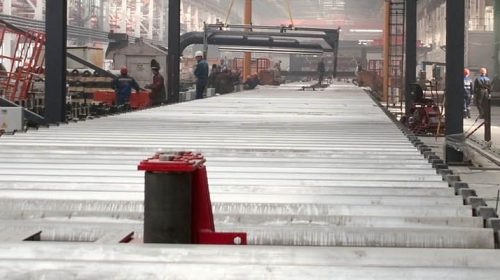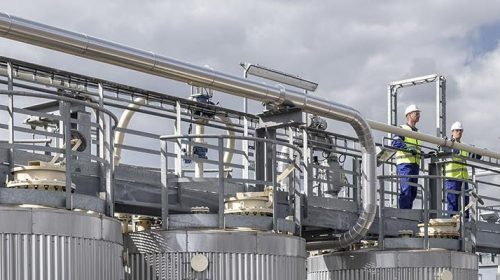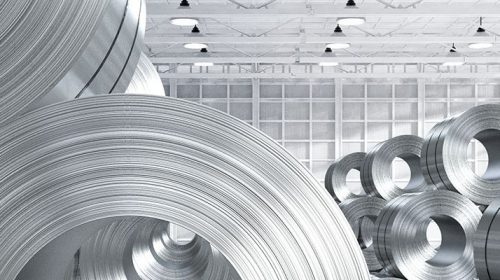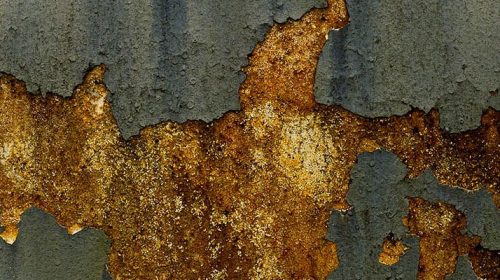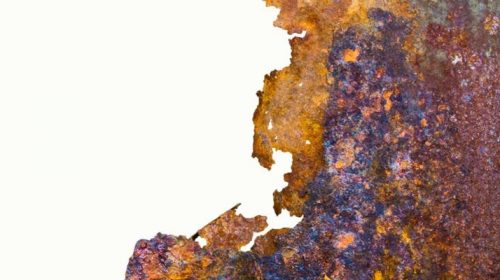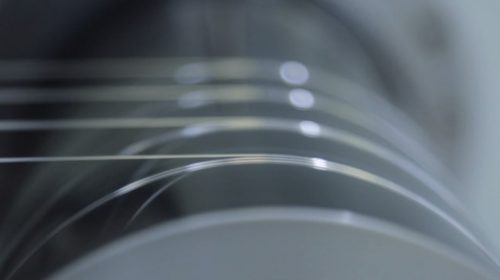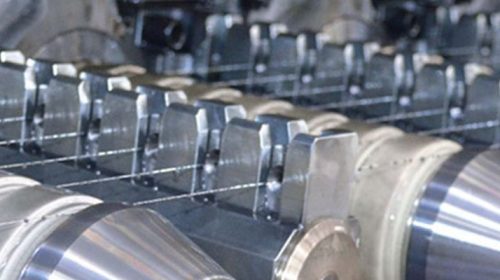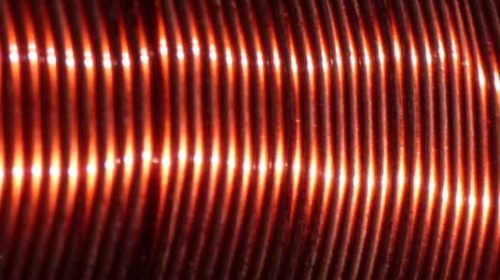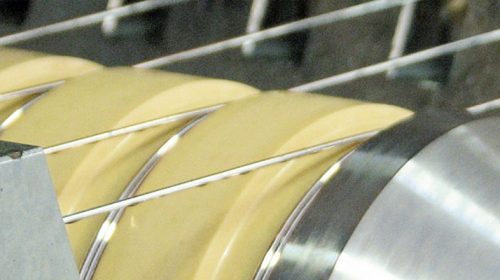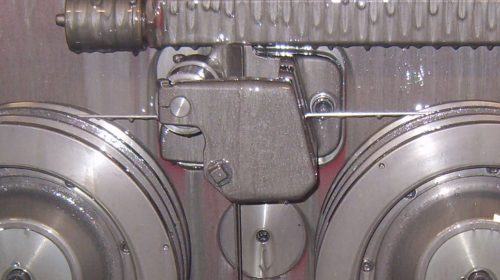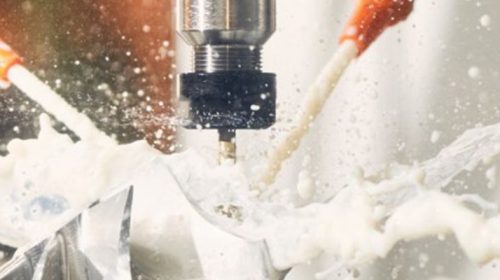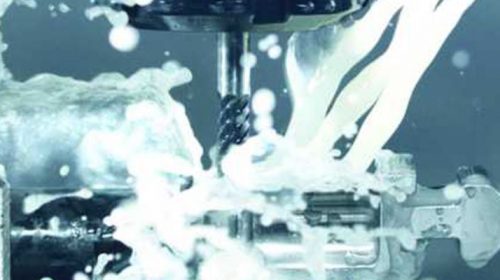Ageing
All organic substances are sensitive to ageing, but what is ageing and what causes ageing? Ageing means that under the prolonged and repeated exposure by energy the physical, mechanical, and chemical properties of organic matter changes over time. Energy can be light, heat, oxygen, mechanical stress, etc… In this article the discussed organic matter is cold rolling oil, but obviously, this topic not only applies to cold rolling oil or other oils as well, but also all kind of plastics and rubbers, living creatures and plants experience ageing.
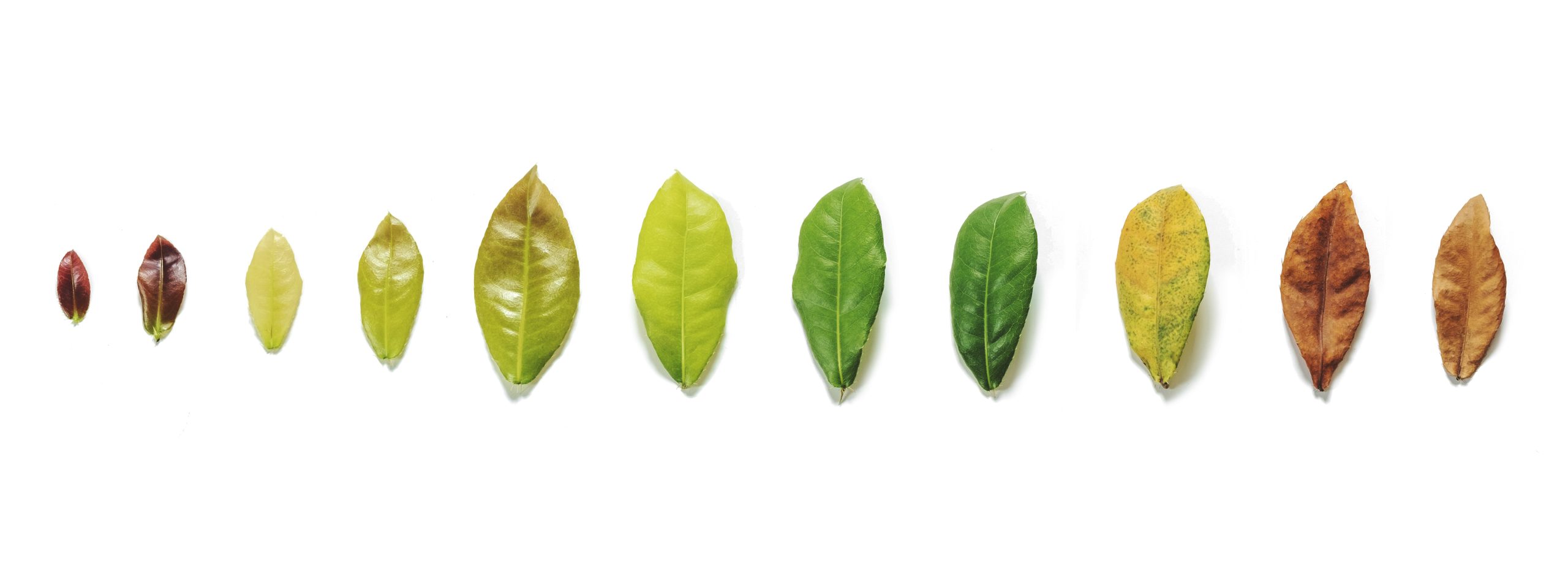
How to prevent ageing?
To fully prevent ageing is almost impossible, but several options to slow down the ageing processes are available. Obviously, reducing the exposure to energy is quite effective, but not always possible. For example, cold rolling oil can be stored in the dark and at low ambient temperature (e.g. 10 °C / 50 °F) and very limited ageing will occur. However, when in use in a cold rolling mill, the temperature will be kept at a higher temperature (e.g. 40 °C / 104 °F) and in the roll bite the temperature can increase locally to extremely high values. Also, quite some mechanical stress is present in the roll bite to further accelerate ageing. Consequently, cold rolling oil in use needs to be protected against ageing in a different way. In order to prevent ageing, antioxidant additives are included in the cold rolling oil composition. Antioxidants are chemically active with the task to slow down ageing.
Ageing chemistry
Basically, the chemistry of ageing is cleaving an organic (carbon) chain into two parts. In the reaction scheme below, the breaking of a chemical bond between two carbon atoms into two radicals is shown. This first step (1) is called the initiation step and is typically caused by heat and/or light.
Initiation:
(1) R-R’ → R● + R’●
Unfortunately, the formed radicals are very reactive and with oxygen present they propagate further and increase the presence of radicals exponentially. As an example, the R● continues to react and obviously R´● may undergo similar reactions.
Propagation:
(2) R● + O2 → ROO● (peroxyl radical)
(3) ROO● + R’’H → R’’● + ROOH (hydroperoxide)
(4) ROOH → RO● + HO●
Reaction (2) is not yet that devastating as this only means the formation of a different radical (peroxyl radical). In reaction step (3) this peroxyl radical takes away a hydrogen radical to form another R’’● radical and hydroperoxide (ROOH). So far, no additional radicals were formed but this changes after formation of the hydroperoxide.
This hydroperoxide is relatively unstable and forms very easily two radicals, see reaction (4). So now, two new radicals are formed, and this adds up to four radicals instead of the initially two radicals formed. These radicals can continue to react and grow their presence exponentially. If this continues, black sludge, lacquering, polymerization, degradation, and other chemical reactions occur, and the cold rolling oil may lose its physical and lubrication properties.
Antioxidants
As mentioned above, the initiation step to form radicals can often not be prevented. So, the next best option is to disarm the initial formed radicals as soon as possible after formation. This can be done with antioxidant additives. Antioxidants are very special designed molecules to be quite reactive towards radicals by the following chemical reaction:
(5) R● AO-H → R-H + AO● (antioxidant radical)
And the chemical structure of the antioxidant molecule is designed to be quite stable in the form of an antioxidant radical. This antioxidant radical does not react further with other molecules in the cold rolling oil. At some point two antioxidant radicals AO● will recombine, see reaction (6)
Termination:
(5) AO● + ●AO → AO-AO
So, the purpose of antioxidants is to scavenge the radicals formed and prevent further damage to the cold rolling oil. By this mechanism, the ageing of cold rolling oil is limited and under control.
Remarks
In this article the aging of cold rolling oil and the importance of antioxidants to prevent ageing is described. The presence of antioxidants in cold rolling oil is very important and therefore the antioxidant concentration should be regularly monitored. Q8Oils offers the QRAS program to their customers to monitor the cold rolling oil quality including antioxidant concentration.
Q8Oils work closely together with customers to improve their cold rolling process with customized oil compositions. An important part of improvements is the correct understanding of the cold rolling mills, the operation parameters, and other steps in the entire process. Optimization for each cold rolling mill separately may give the best performance and productivity.
For more information, please contact our Rolling Team at Q8Oils.



